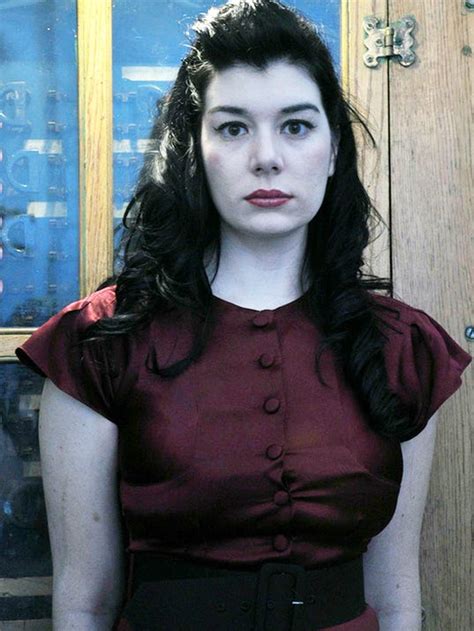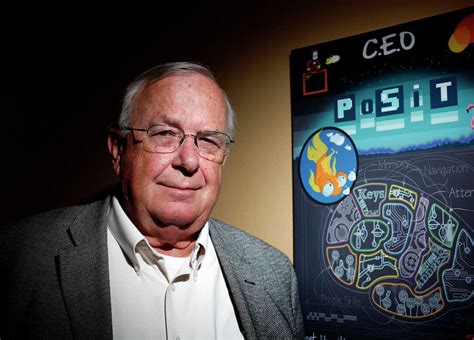A Quote by Emily Berrington
I've been reading a lot about what the Internet does to our brains.
Related Quotes
Before I became the president of AT&T's consumer division, I was running strategy and our internet services, so I was the president of one of the first internet service providers, ISPs, AT&T Worldnet, and running our internet protocol product development as well. So I knew a lot about what was going on with the internet.
I would not hesitate to say I was addicted to the Internet in the first two years. It can be addictive, and things not taken in moderation have negative effects. But the alarmism around 'Facebook is changing our brains' strikes me as a kind of historical trick. Because we now know from brain science that everything changes our brains.
Honestly, I've been reading a lot of books on visual art. I've been reading a lot of books by Olivia Lang, I've been listening to a lot of folk and singer-songwriter music, but also a lot of electronic and really hard techno. I'm just trying to create something that pulls from everywhere and that hopefully feels unique.
But I'm getting to a point where I'm trying to stop reading reviews about myself, only because it's a no-win situation. If they say something nice, you get a little ego pump. But people on the Internet are straight-up cruel, and I'm becoming increasingly uncomfortable reading the ridiculous cruelties that people spit out on the Internet.
The Internet is just one of those things that contemporary humans can spend millions of "practice" events at, that the average human a thousand years ago had absolutely no exposure to. Our brains are massively remodeled by this exposure--but so, too, by reading, by television, by video games, by modern electronics, by contemporary music, by contemporary "tools," etc.
I think our brains does have a tendency to be true to its own ideas and statements. Everything we do and everything we think about is a belief. Until we get to the point where we look beyond our own ego-self, and to some degree beyond our own mind, we are always going to make assumptions and have beliefs to make our brains feel more comfortable. And if we can get to a point where we embrace that uncertainty and doubt, and be willing to learn from that and to explore that, I think that that could be a very positive experience.
Many quantum physics are realizing or hypothesizing that consciousness is not a byproduct of evolution as has been suggested. Or for that matter, an expression of our brains, although it expresses itself through our brains. But consciousness is the common ground of existence that ultimately differentiates into space, time, energy, information and matter. And the same consciousness is responsible for our thoughts, for our emotions and feelings, for our behaviors, for our personal relationships, for our social interactions, for the environments that we find ourselves in, and for our biology.




































